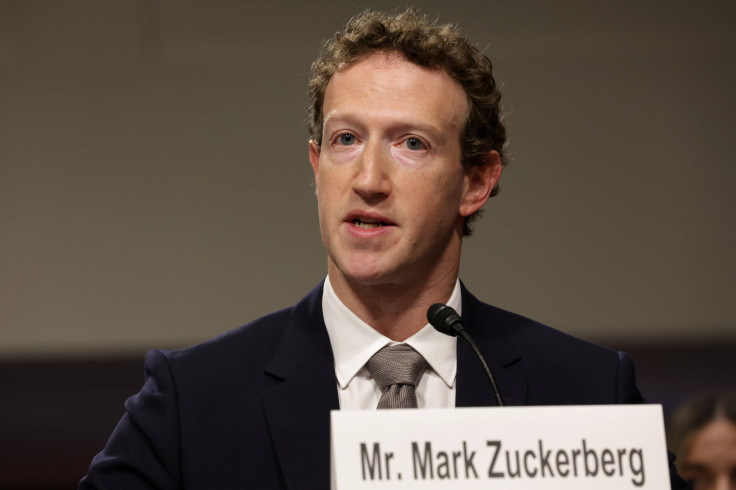
Meta is changing its content moderation policies, now allowing posts that include derogatory statements targeting immigrants, LGBTQ+ individuals, and other groups. Internal training materials obtained by The Intercept illustrate the extent of these changes, which critics say disproportionately harm vulnerable communities.
The changes are part of a broader policy shift that includes the suspension of the company's fact-checking program, which Meta has claimed will "allow more speech by lifting restrictions." The program will now be replaced by X-style community notes as part of a slate of changes targeting "censorship" and embracing "free expression."
"While Meta's global policy chief, Joel Kaplan, and Meta CEO Mark Zuckerberg have described the changes as a way to allow users to engage more freely in ideological dissent and political debate, the previously unreported policy materials reviewed by The Intercept illustrate the extent to which purely insulting and dehumanizing rhetoric is now accepted," reads a passage the outlet's piece.
Examples from the materials include statements such as "Immigrants are grubby, filthy pieces of s--t", "Trans people are immoral", "Immigrants are all thieves" and "Mexican immigrants are trash!" The materials also permit disparaging remarks about gender and sexual identity, such as "Gay people are sinners." These comments, previously categorized as hate speech, are now considered permissible under Meta's new rules.
"We're getting rid of a number of restrictions on topics like immigration, gender identity and gender that are the subject of frequent political discourse and debate," Meta's newly promoted policy chief Kaplan said in a post. "It's not right that things can be said on TV or the floor of Congress, but not on our platforms."
Zuckerberg echoed Kaplan's sentiment in a video announcement, providing insight into the timing of the new rules:
"The problem with complex systems is they make mistakes. Even if they accidentally censor just one percent of posts, that's millions of people. And we've reached a point where it's just too many mistakes and too much censorship. The recent elections also feel like a cultural tipping point towards once again prioritizing speech."
Reached for comment by The Latin Times, Irina Raicu, director of the Internet Ethics Program at the Markkula Center for Applied Ethics at Santa Clara Univ. Center said:
"It's important to keep in mind that what's being discussed is not in any way pure 'freedom of expression' (as Meta's leaders have characterized it): It's expression shaped by the incentives of the particular platforms, whose algorithms often favor and promote outrage and trolling"
Raicu added that even through "it will be harder for users to leave Facebook than other platforms, because it's become the infrastructure on which so many social things get organized." she thinks that "a more toxic environment will likely push a lot of people to post much less, and spend less time on the site."
© 2025 Latin Times. All rights reserved. Do not reproduce without permission.





